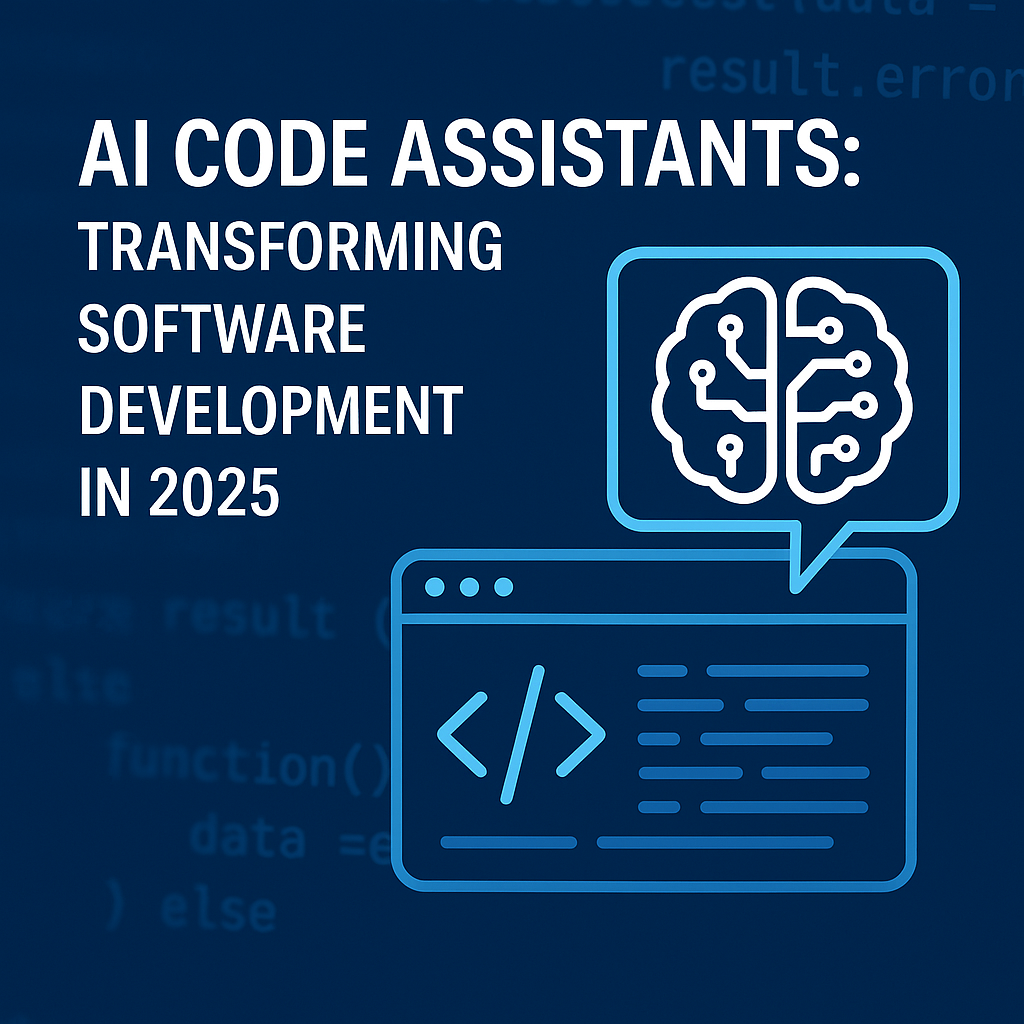
Why and how AI is changing the face of medical treatment
Hello there!
By 2025, AI has already revolutionised medical treatment. Artificial intelligence is revolutionising healthcare in several ways, including facilitating quicker illness diagnoses and lowering overall healthcare costs.
What follows is a blog post outlining the most important ways in which artificial intelligence (AI) is improving healthcare throughout the globe, for both patients and medical professionals.
- Better and Timelier Diagnosis
Artificial intelligence may greatly improve the speed with which medical imaging, such as X-rays and CT scans, are analysed. And it can detect issues that aren’t immediately obvious to the human eye.
One use of AI is the early detection of illnesses, such as cancer and heart issues, which allows for more effective treatment.
- Tailored Treatment Programs
AI considers a patient’s genetic makeup, medical history, and way of life while deciding on an appropriate course of therapy. Because of this, “one-size-fits-all” treatment regimens will no longer be used.
One advantage of personalised therapy is that they tend to have fewer side effects and better outcomes for patients.
- Wearables for Continuous Health Monitoring
The application of artificial intelligence allows wearable gadgets to monitor your vitals, such as fitness trackers and smartwatches. You or your doctor may be notified by these gadgets if any health problems are detected.
The use of wearables powered by artificial intelligence (AI) to monitor vital signs like blood pressure and heart rate is one way to assist avoid major health problems.
- Reduced Demand on Medical Professionals
Automated intelligence (AI) facilitates the organisation of patient data, appointment scheduling, and report authoring. Because of this, medical professionals may devote more time to really caring for patients and less time to administrative tasks.
Benefit: Medical professionals will have more time to devote to patient care and less time to paperwork.
- Decreased Medical Expenses
Healthcare costs may be reduced with the aid of AI by lowering the number of errors made, improving the efficiency of treatments, and decreasing the number of unneeded tests.
For instance, by decreasing the number of readmissions and shortening patient stays, AI may assist hospitals in saving money.
- Increased Availability of Medical Treatment in Rural Areas
Telemedicine and applications driven by artificial intelligence provide access to healthcare in underserved regions. Users are able to get health advice and treatment suggestions via these platforms.
Advantage: More individuals can get healthcare, especially in underserved areas.
- Enhancing the Journey of the Patient
AI has the potential to enhance the patient experience as well. Chatbots and virtual assistants may aid patients with scheduling appointments, answering queries, and even prescription reminders.
Advantage: Patients are more inclined to adhere to their treatment regimens when they feel heard and understood.
In Summary
Artificial intelligence is improving healthcare. Improvements in healthcare affordability, personalisation of therapies, speed of diagnostics, and clinicians’ ability to spend quality time with patients are all results. Artificial intelligence’s role in healthcare is only going to grow in the years to come as the technology matures.

